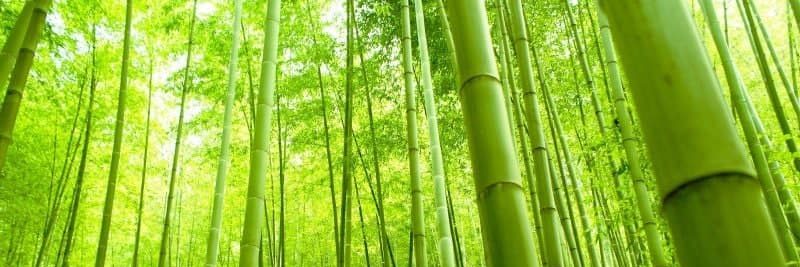This is a short prayer commonly said by lay Chinese Buddhists in Singapore from 60s till perhaps early 90s.
南無觀世音菩薩 佛祖保佑 x 3
Namo Avalokitesvara Bodhisattva Buddha Bless x 3
一家大小
The whole family from the eldest to the youngest
平安順順
to be safe and sound, have little obstacles (in their day and life)
爸爸大賺!
and may my dad earn big bucks!
^o^
While some may find it bordering on being materialistic, I think it reflects on the very simple needs that people had — Safety and physical Well being and not have difficulty time (be Happy) whether in school, at work, at home or away from home.
Singaporeans in the 60s and 70s had it tough. Most families were very closely knitted and had to chip in to make ends meet. The last line reflects this. Perhaps it is place last because it was very crucial or perhaps it was not as important as safety and the likes. Or maybe this was just how our parents were taught.
Today, I see this as a precursor to Metta Bhavana, the Cultivation of Loving Kindness. While Metta extends to all sentient beings, this prayer starts with the family, wishing for the family members to be Well and Happy.
Even simply wishing for this, I believe, is a good start. For, I have counselled many families where the parents and children do not even speak to each other or they hate each others’ gut, and I think for them, it would be difficult to even say the above prayers wholeheartedly. So if a family can even start with this simple prayer, each encompassing their heart with love-kindness and compassion for each other, it would be really wonderful.
Further if someone reflects on the Matta sutta http://bit.ly/gWhRrt then the “whole family 一家大小” expands and extends to include all sentient beings.
This would then pave the way towards higher bhavana (cultivation), towards Final Liberation, Nirvana!
Suki hontu! ^_^
PS: This prayer is usually said in the heart and not chanted or recited out loud. The video is a chant sang in the tune of “This is the Buddha’s Light of Mine”.
Image of Guan Yin Bodhisattva courtesy of Rebecca Arnett from Castleton, Vermont, USA via wikimedia Commons.
